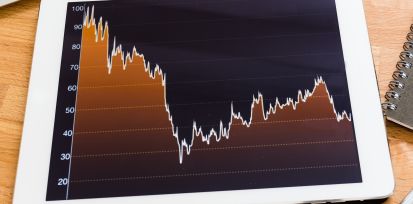

Stocks and Market Orders Important Facts to Know!
A market order is a type of order in the financial markets in which an investor requests to buy or sell an asset at the best price available at that time. These orders are executed immediately at the current market price, without specifying a specific price. While this ensures certainty of execution, there is no guarantee that an exact price will be obtained. Let's look at some important facts about market orders in stocks.
1. Fast Execution
Market orders are executed immediately at the current market price. This means when you submit a market order, the transaction will occur almost instantly. This speed is very beneficial for investors who want to take advantage of market opportunities quickly.
2. There is no price guarantee
Market order execution prices may differ slightly from expectations. The price you see when entering an order may not always be the same as the price at which the order is executed. These differences, although often small, can be significant in highly volatile market conditions.
3. Suitable for Liquid Markets
Market orders are more effective in liquid stocks. High liquidity means there are many buyers and sellers in the market, so market orders can be executed quickly and efficiently without causing significant price changes.
4. Potential to Influence Prices
Using large market orders can affect market prices. If a large investor sends a market order to buy or sell a large number of shares, this can cause the price of the shares to move due to sudden changes in demand or supply.
5. Used for Quick Entry and Exit
Market orders are ideal for quick reactions to price movements. If you want to enter or exit a position as quickly as possible, a market order is the right choice because it ensures immediate execution.
6. Need to be careful of slippage
Slippage is a risk that occurs when the execution price is different from the expected price when the order is sent. This can happen in market orders, especially in volatile or less liquid market conditions. Slippage can affect the execution price and, in turn, your investment results.
By understanding these things, investors can make wiser decisions in using market orders. Knowing when and how to use market orders can help optimize your investment strategy, ensuring that you can react quickly to market opportunities without sacrificing too much on execution price.




 Back to Home
Back to Home









